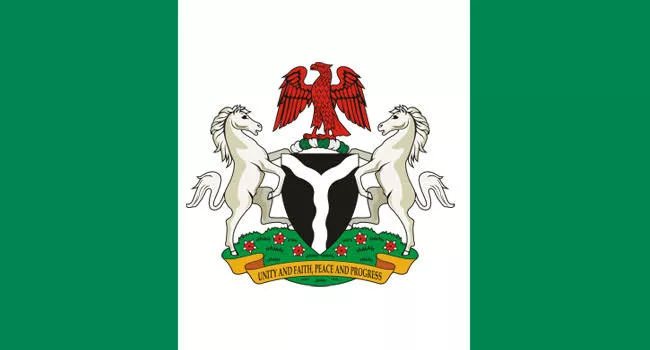Mental wellness during economic hardship is a critical issue, as Nigeria’s economic challenges, including high unemployment rates, inflation, and poor social infrastructure, place significant pressure on individuals and families.
Many people face financial insecurity, making it difficult to meet basic needs such as food, housing, and healthcare. This can lead to increased stress, anxiety, depression, and other mental health challenges.
As economic pressures mount, their effects are not only felt in the pockets of Nigerians but also in the minds and hearts of families across the nation.
The president of the Association of Psychiatrists in Nigeria (APN), Prof. Taiwo Obindo, told LEADERSHIP that the rising economic challenges such as inflation, unemployment, and the high cost of living and insecurity are pushing more Nigerians into mental distress.
Prof. Obindo also highlighted the strong connection between mental health issues and the rising rates of suicide in Nigeria. He noted that 90 percent of suicide attempts are linked to underlying mental illnesses, with 80 percent of those cases being attributed to depression.
According to the World Health Organisation (WHO), Mental health is a state of mental well-being that enables people to cope with the stresses of life, realize their abilities, learn well and work well, and contribute to their community.
In a bid to address the mental health crisis in the country, the federal government signed the Mental Health Bill in January 2023, replacing the outdated 65-year-old Lunacy Act.
The new law decriminalises suicide attempts, protects the rights of individuals with mental health conditions, and calls for the integration of mental health services into primary healthcare.
A psychiatrist at the Lagos State University College of Medicine, Prof. Olayinka Atilola, has also emphasised the importance of incorporating mental health services into workplace health insurance policies.
Mental health is often overlooked in employee insurance plans. It is crucial that mental well-being is promoted and covered in these policies, Prof. Atilola said.
Meanwhile, as Nigeria joined the global community to mark this year’s World Mental Health Day, the federal government has revealed it’s plans to integrate mental health services into the Primary Health Care (PHC) system.
The coordinating minister of health and social welfare, Prof. Ali Pate, disclosed this during the 2024 World Mental Health Day event in Abuja.
World Mental Health Day is observed annually on October 10. the event draws attention to the importance of mental health care.
Prof. Pate stated that the goal of integrating mental health into PHC is to ensure that services are accessible in every community, not just in urban areas.
The minister also spoke about community awareness programmes, which include partnerships with traditional and religious leaders aimed at reducing the stigma surrounding mental illness and encouraging people to seek help.
In a society where mental health has long been stigmatised, the silent struggles of Nigerians battling economic hardship are shaping the mental wellness of households in profound ways.





